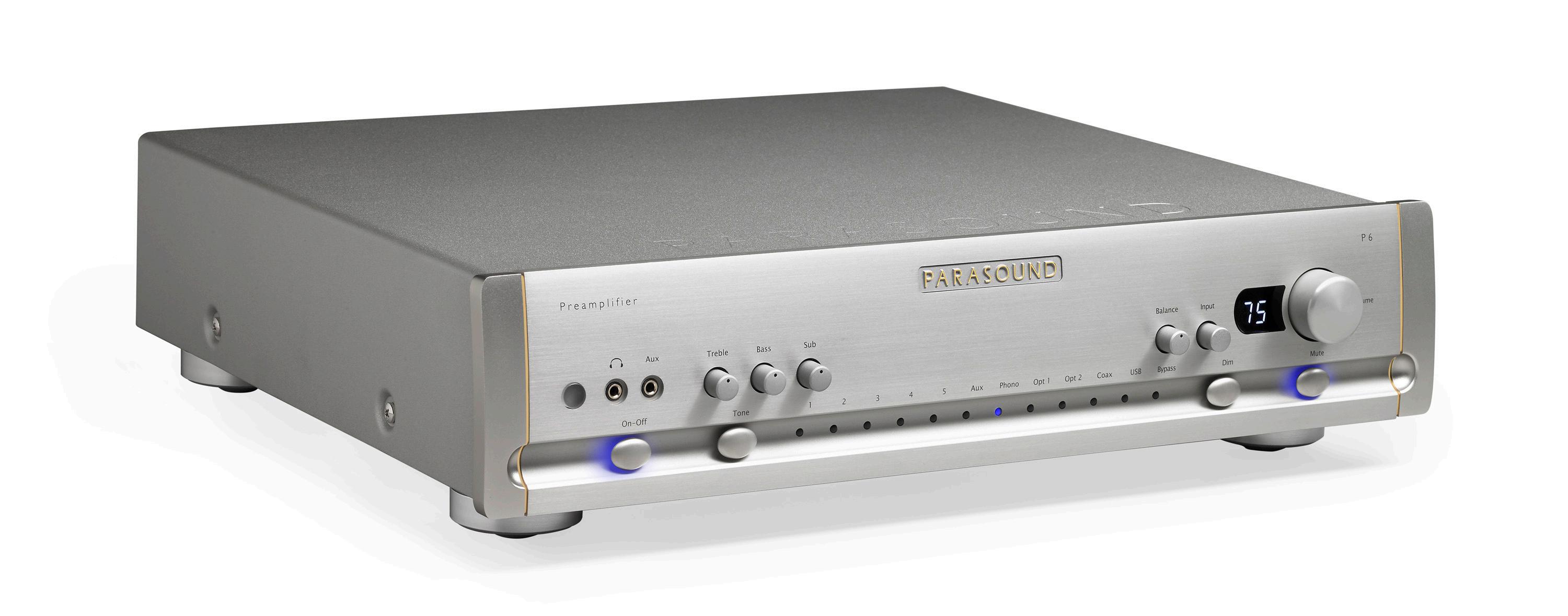1 minute read
MUSICAL MUSINGS
carriage, and a fugue with an imitation of a post-horn which the clavichord pulls off quite creditably to my ears.
This is followed by fifteen 2 part and 3 part Inventions (BWV 772-786) and the clavichord brings out their contrapuntal lines with great clarity and distinctiveness. Its naked sound is very revealing of the accuracy and brilliance of fingerwork and phrasing, even more so in some ways than a harpsichord. Invention No.4 is particularly brilliant, but in every case the polyphonic textures are transparent and beautifully pointed, with the playing leading you into following the individual lines. No.7 in E minor was a favourite of mine with its long left hand trill. As with the better known 48 Preludes and Fugues, different tonalities and scales evoke the exploration of different moods (akin to classical Indian ragas or ‘scales’ evoking different ‘rasas’ or moods), so the E minor Invention contrasts with the happily busy and lighthearted Invention in F major that follows, to give just one example. Like most of the works included on the album the Inventions are more modest, private setting pieces, though no less intricate and rewarding – and heartfelt – for that.
The Inventions are followed by four Duettos (BWV 802-805) from the ClavierÜbung III, another less well known set of Bach pieces which suit the clavichord very well. The highly contrapuntal No.4 sounds particularly brilliant on the instrument. More well known are the complexities of the Ricercar a tre voce from the Musikalisches Opfer (Musical Offering) (BWV 1079) in its keyboard version, which comes next. The fifteen Sinfonias (BWV 787-801) which follow also wind their way through many of the major and minor keys. Sinfonia No.15 is particularly striking for its driving rhythms. Once again, a very good choice of repertoire for the clavichord.
What is unexpected is the conclusion – the mighty Chromatic Fantasia and Fugue in D minor (BWV 903), a true masterpiece. Schiff displays speed and virtuosity aplenty in the Chromatic Fantasia which threatens to spill over beyond the instrument in its sheer exuberance, emotion, and cascades of notes. I personally have always thought this was a piece just waiting for the advent of the grand piano to bring out all its colours and moods. That said, the sheer brilliance of this performance remains awe-inspiring. The great Fugue is masterfully played, every contrapuntal line clear and differentiated, as to be expected from such a musical master as András Schiff.
Schiff himself calls this album an invitation into “a new world, a quiet oasis in our noisy, troubled times”. Maybe this is what we need in our times of superamplified basses and volume cranked up to the point of distortion. A return to experiencing quiet and to distilling the gentle drops of sound arising out of silence.









